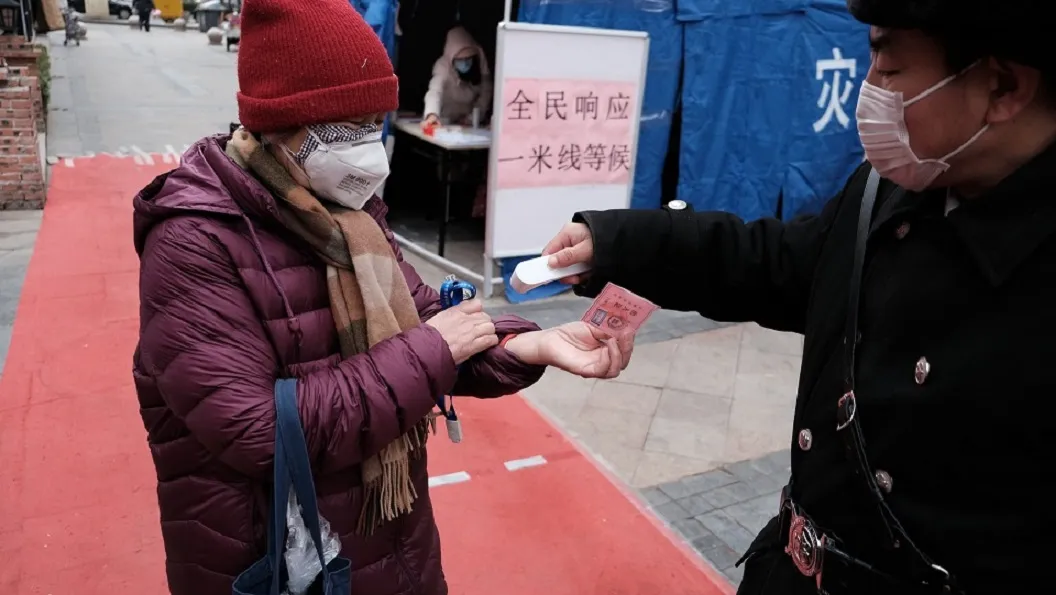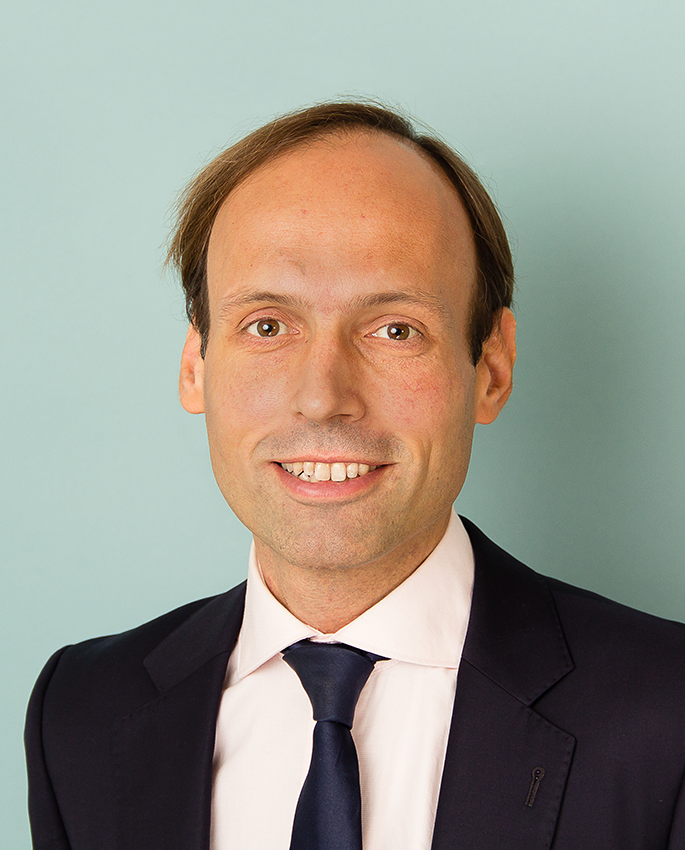With emergency measures, governments should learn from evidence-based public health

Disclaimer: Views expressed in this commentary are those of the staff member. This commentary is independent of specific national or political interests. Views expressed do not necessarily represent the institutional position of International IDEA, its Board of Advisers or its Council of Member States.
Over the past weeks, virologists have been looking east and south to learn from the likes of China, Italy and South Korea over the best ways to combat COVID-19. In contrast, governments are applying coronavirus-related political emergency measures more haphazardly. But rather than panic, authorities should follow science and look to evidence and experiences elsewhere for solutions.
As every day passes, medical professionals wake up to fresh data about the deadly virus. One week ago, infection specialists tested anti-HIV drugs on Italian COVID-19 patients, but days later the treatment was abandoned when trials on Chinese patients showed that they do not work. As countries realise that their lives depend on staying one step ahead of the virus, epidemiologists are learning on their feet and reacting nimbly.
Under most constitutions, limiting freedoms and checks-and-balances during times of emergency is legitimate, to an extent. But evidence-based policies have been largely absent in how governments have restricted both civic freedoms and democratic checks-and-balances.
First, the novelty of the pandemic has meant there has been no effective standard procedure to deal with limiting freedom of movement and assembly. The UK banned all public meetings, Sweden still allows gatherings of up to 50 people. The French are confined to their homes, while Belgians are encouraged to take (solitary) walks. Portugal banned religious meetings, whereas the Netherlands created an exception for religious weddings. Israel has begun monitoring individual smartphones, while Belgium does so only at group-level.
Secondly, administrations have been equally fickle in restricting democratic oversight. While some 30 countries have postponed elections, Poland is pushing ahead with its 10 May Presidential vote. While Switzerland has suspended parliament, Germany’s Bundestag continues to function and Finland’s parliament is meeting online. Hungary’s government, finally, has jumped on the opportunity to both side-line its parliament and close its courts. In response, Justice Commissioner Reynders announced the EU would start to map and monitor emergency measures across the bloc.
To determine a proportional and democratic approach to emergency powers, three camps of political thinkers and policymakers have emerged over the past weeks: an orthodox democracy camp cautions against government overreach out of fear that it will result in permanent damage to democracy. They call for an immediate return to democratic normalcy once the virus is under control.
One other camp argues that we need to reinvent democracy, abandoning the central tenets that have dominated our democratic thinking for decades. These futurist thinkers prepare for a post-Corona democratic order with more centralised governments, greater digital participation and a stronger multilateral system. They call for a new social contract, similar to the Yalta summit or Bretton Woods-like constituent conventions.
A third camp sees in this the opportunity to have a more powerful government, a more heavily controlled digital sphere, and a rejection of all things globalization, including pesky multilateral institutions, such as the EU. This is the camp of populist nationalism.
Realistically, it is unlikely that democracy will return to its old form, as the orthodox would want it, nor it is possible yet to predict the shape of tomorrow’s democracy, as the futurists would have it. The best governments can do is what doctors do: learn from experience and adjust as you go. This approach would undermine orthodox policymakers wanted to return to the past as well as undercut futurists who want a clean break with that past. It was also challenge the simple solutions offered by populists.
They should do so in three stages. First, just as the healthcare profession turns to epidemiologists, governments should call upon democracy experts. Democracy organizations should diagnose countries in real time, prescribing proportional treatment of checks-and-balances at home. For instance, China has used far-reaching surveillance techniques and forced deportation to quarantine camps, which needlessly harms public freedoms. South Korea has also used online monitoring but guided by democratic laws, privacy safeguards and broad social acceptance. Based on this, Italy and Poland have since successfully asked people to install monitoring apps voluntarily.
Secondly, governments should employ political scientists. These researchers must identify the casualties and perform post-mortems to understand the impact of the virus on liberties and democratic institutions. Given the varying restrictions between countries, a single instrument like the Global State of Democracy Index is needed to measure the extent of damage to democratic institutions and values. Only then, we can begin to understand the true impact of COVID-19 on global democracy. Even on a local-level, some doctors in northern Italy have called for help from social scientists to make community response to pandemics more effective.
Thirdly, once the crisis is well behind us, governments will need democracy assistance providers, who are democracy’s public health specialists, to set norms in a post-coronavirus order. Democracy experts will borrow lessons from democracies and autocracies alike. They will assess autocrats’ tendency to rewrite their role in the crisis (China), their premature claims to have the virus under control (Iran, Russia), and populist rhetoric about coronavirus-related hysteria (Brazil, US). They will also evaluate if Hungary’s criminalization of coronavirus-related fake news will stand the scrutiny of EU-courts, and whether the measures taken were proportionate and effective in countering the spread of the virus.
The EU is an essential body to coordinate responses and to set standards. The rule of thumb should be that those who needlessly sacrifice freedoms under the pretext of an epidemic, or those who refuse to return to normality afterwards, should be called to order. Countries that bring the virus under control using proportional emergency powers and broad inclusiveness will have the twin benefits of limited democratic damage and early preparedness for a new democratic order. Governments, like doctors, can only do so with an evidence-based approach.




